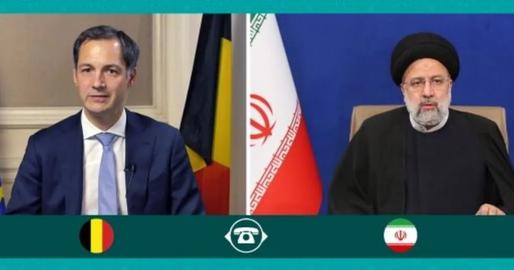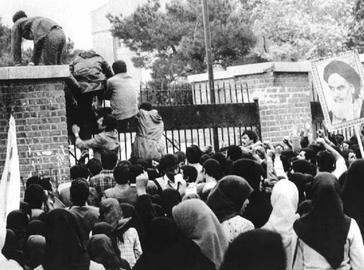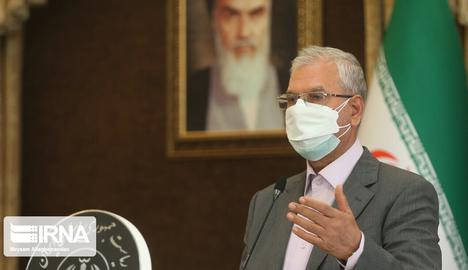The Belgian government has sent a draft bill that could facilitate future prisoner exchanges between Belgium and Iran to the country’s legislature, which may be approved as soon as this week.
If passed, the bill - officially permitting the "transferral of sentenced persons" to Iran and vice versa, something already permissible between EU member states and 19 other countries - could pave the way for a deal involving the release of Asadollah Asadi, the former third secretary of the Islamic Republic’s embassy in Austria.
Back in March, the Islamic Republic of Iran and the Kingdom of Belgium signed a treaty agreeing in principle to the transferral of convicted nationals in the other territory with either long or life prison sentences. No exception was set for those convicted for serious crimes such as terrorism or internationally-recognized crimes against humanity.
Asadi was sentenced to 20 years in prison by a court in Antwerp in early 2021 for his part in a 2018 bomb plot targeting an event for Iranian dissidents in Europe. Just this week, it emerged that the Islamic Republic is reportedly holding at least two Belgian citizens hostage for potential use in such a transfer: an aid worker, Olivier Vandecasteele, and an unnamed university professor.
News of the draft bill prompted horrified reactions from Iranians opposed to the regime, who took to social media to protest under the hashtags #DontFreeTerrorists and #No2Appeasement. Among the posters were individuals who said they were at the MEK supporters’ rally in Paris that was the intended target of the bomb plot.
Could Asadi Qualify for a "Transfer"?
The agreement states that only Iranian or Belgian nationals can be the subjects of any future exchanges, and only if they have served at least one year in prison already, unless both parties “find it necessary” to nullify this part. In this regard, Asadollah Asadi would qualify for release back to Tehran.
The deal also stipulates that a prisoner can only be transferred if convicted of a crime that is also considered a crime in the other state. Asadi was convicted of conspiracy and planning to commit terrorist acts, which under the Islamic Penal Code is a crime punishable by death. Fortunately for him, the treaty also states that the punishment in the convict’s own country cannot be any harsher than the original sentence.
In addition, Article 13 states that each side can pardon or reduce a detainee’s sentence according to its own laws. The diplomat bomber could walk free in Iran without spending so much as a day behind bars.
The treaty would come into force 30 days after being approved by MPs and exchanged through diplomatic channels. But the transferral of prisoners can happen even before that, meaning that the transfer of Asadi could take place any day now and become valid retroactively.
Who is the Belgian Hostage?
On July 2, an informed source told Iran International that at least two Belgian citizens were being held captive in Iran: a Belgian-Iranian professor at Leuven University, and Olivier Vandecasteele, a 41-year-old aid worker.
On Monday the channel reported that Vandecasteele had been head of the Norwegian Refugee Council (NRC)’s Iran operations since 2015, and held the same role at Relief International from 2020. He had had an important role during Covid-19, overseing the distribution of humanitarian aid in Iran.
He stopped working with Relief International last July but is understood to have since returned to Iran to visit a friend. Iran International’s report added: “It is possible that his return to Iran was an arranged trap by Iranian intelligence to detain and exchange him with Asadi.”
Asadollah Asadi, a Diplomatic Exception
Asadollah Asadi is the first diplomat to have lost his diplomatic immunity since the Vienna Convention on Diplomatic Relations came into effect in April 1964, for violating both its provisions and for committing acts unrelated to his diplomatic mission. Despite objections from his lawyers, he was therefore both tried and successfully jailed.
For a long time now the Islamic Republic has openly been trying to bring Asadi back to Iran. The efforts come even though Iranian officials, and even Iran’s former ambassador to Germany, have agreed the evidence against him was too strong to refute.
The Islamic Republic usually arrests dual nationals to lay the groundwork for the release of individuals like Asadi. Now, it seems to have found a legal basis on which to continue that extortion.
visit the accountability section
In this section of Iran Wire, you can contact the officials and launch your campaign for various problems


























comments